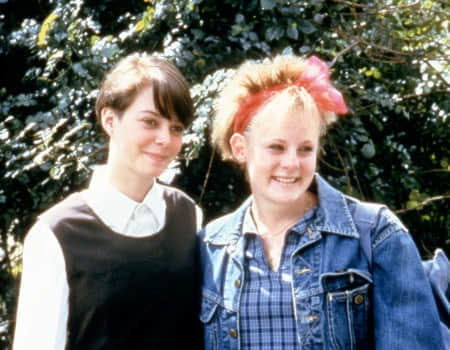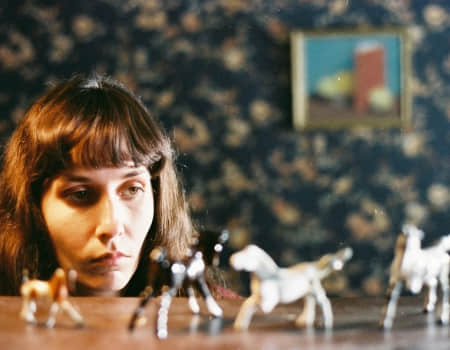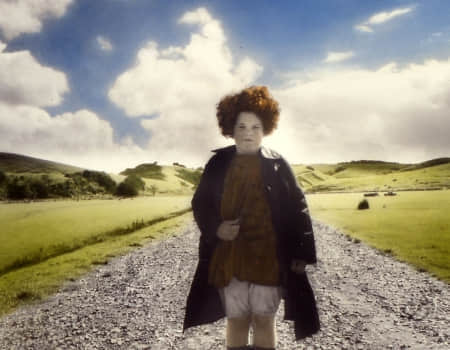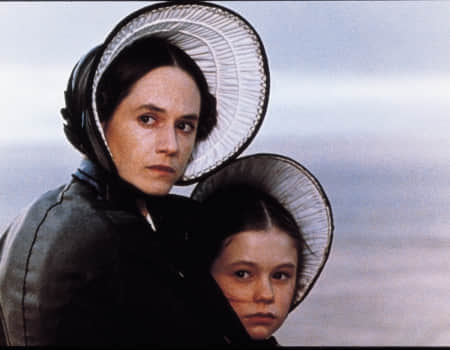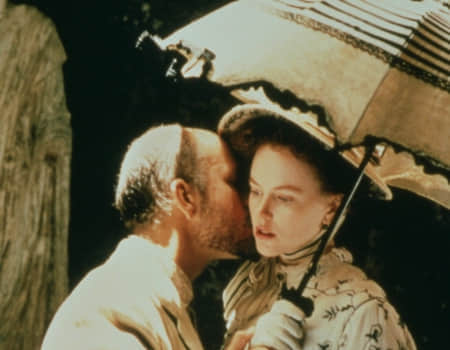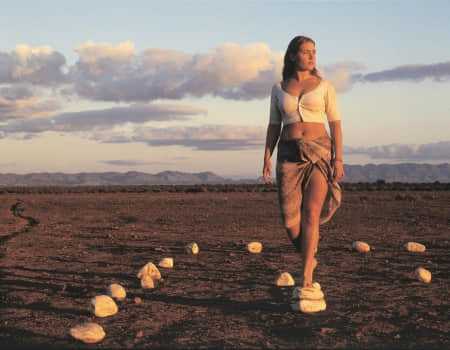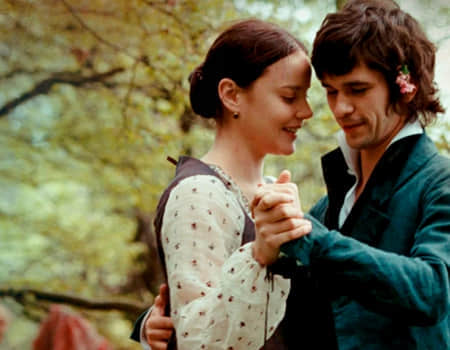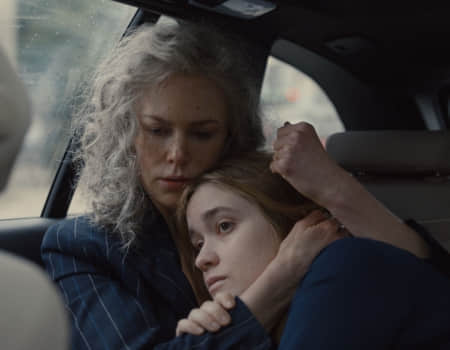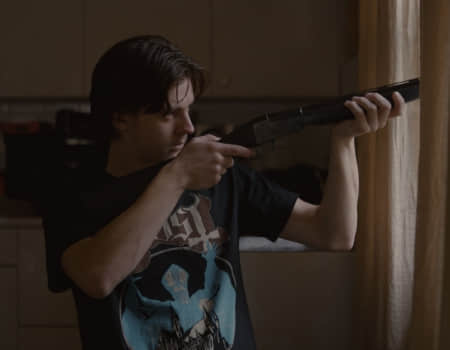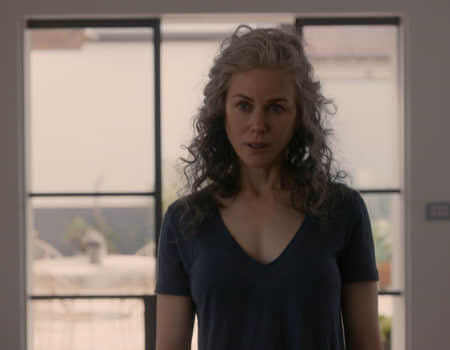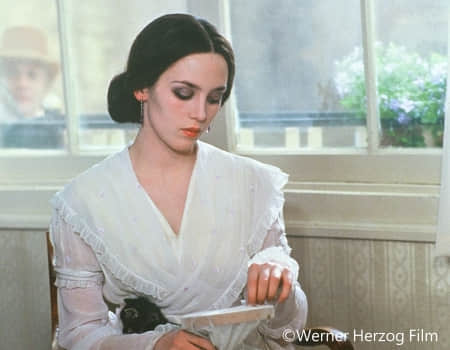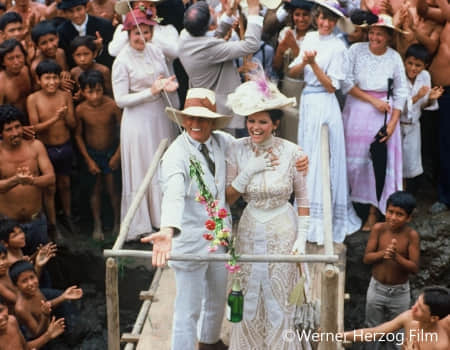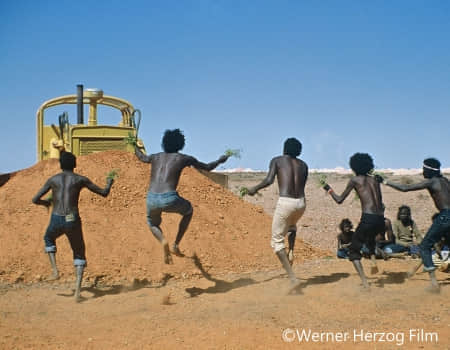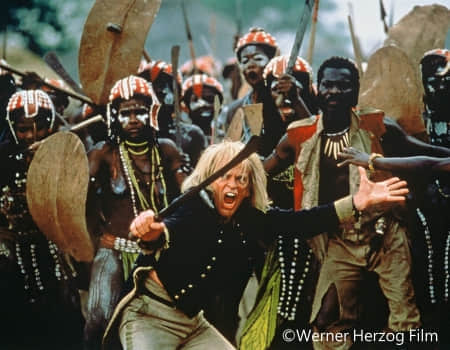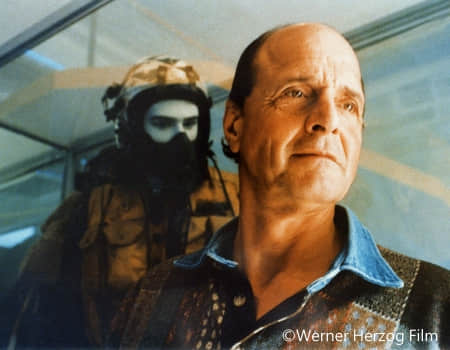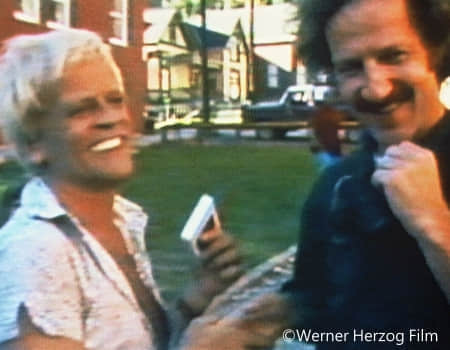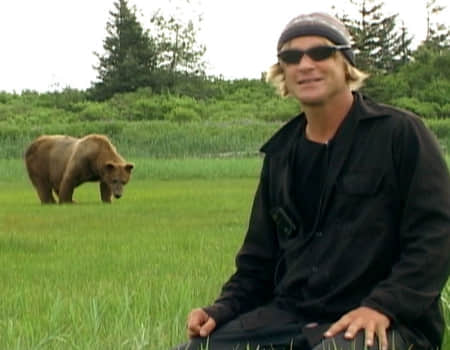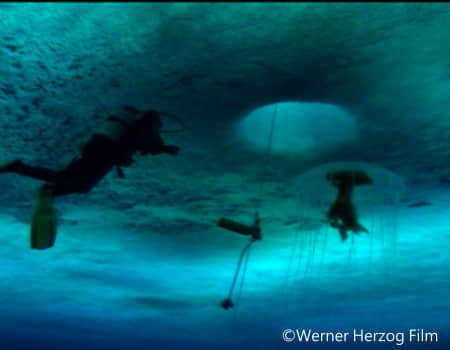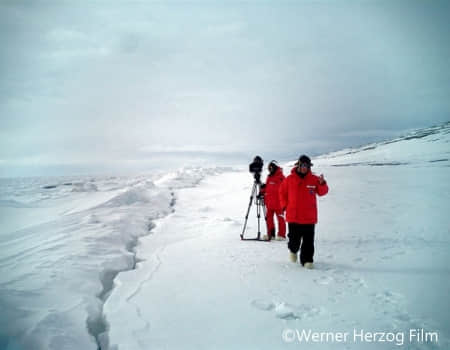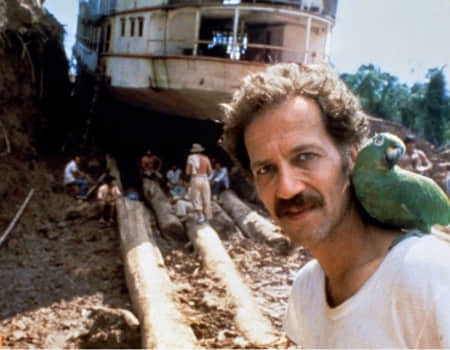2018
Jane Campion, the Authentic Feminist
The first and still the only female filmmaker to have ever won a Cannes Palme d’Or, Jane Campion was launched as the long-awaited coming of feminist cinema to redeem the patriarchal film world. Her cinema has since changed the reception of female-driven narratives, and her revered status opened up more venues for her “comrades”.
Jane Campion is unafraid to live with her freckles in filmmaking. Freckles, are what her works feel like under your skin. That uncompromising visual grit stays in all her works throughout her career – or rather, her passage from girlhood to womanhood to sisterhood. Sweetie (1989) and An Angel at My Table (1990) invented the woman’s cinematic language: the defiant narratives, resplendent cinematography, and brutally tender punctuations. The Piano (1993), in full glorious blaze, flamed much hope, and soon after she became anything but a sweetie among critics and audiences worldwide. The world had since found other trophies, much less of an enigma, far tamer and safer than women liberated from their silenced universes.
Campion and her protagonists had found each other, and were whirling their own tribal dance. The Portrait of a Lady (1996) marked the first occasion when they truly stopped caring what others might think, even Henry James, and basked in obscurity. Holy Smoke (1999) inhaled deeper into the sacred feminine and surrendered to the often unintelligible web of narratives that is life.
Bright Star (2009) shone brighter among Jane Campion’s gem of works, perhaps her sweetest too. For audiences looking for a well-ordered, bookended narrative, perhaps this is a treat of the angelic order.
The two seasons of Top of the Lake (2013, 2017) embraced the TV series as a new creative genre, took their time to bloom, and did so magnificently as if in a slow motion sequence, each petal unfolding in all its vulnerability.
At a time when authentic female voice is more valued than ever, but the thirst for such is yet to be satisfyingly quenched, it is all the more important to look at how Jane Campion continues to confront hard truths rather than churning out sweet candies.
Werner Herzog, the Manic Genius II
“Without adequate images, we will die out like dinosaurs.” It’s a truth that Werner Herzog is always pursuing. Plunging into the unknown in quest for the lunatic lyricism of nature, he makes films to convince the world that his metaphoric images, and his totemic visions, can invest our lives with weight and meaning. Traveling to the edge of an erupting volcano, diving into the deep water under the Antarctica ice, venturing deep into the Amazon jungle, he is supposedly the only filmmaker to have shot on all seven continents. And he will climb into hell and wrestle the devil for his films, if it is necessary.
Possessed by impossible dreams and driven by a pathological addiction to sensationalism, he braves the most senseless difficulties and dangers. He spent years in the Amazon jungle trying to haul a steamship over a mountain; made Klaus Kinski fly into fists of uncontrollable rage as he succeeded at evil deeds; and went to the Australian Outback to listen to the Aboriginals talking to spirits in nature and to the dead. His only agenda is to make you look at his poetic, ecstatic truth.
With a combination of obfuscation and bravado, he has contributed to his own mythology. He set out on a pilgrimage from Munich to Paris through the winter snowstorms, believing that an act of walking could save his mentor, film critic Lotte Eisner; he ate his shoe as promised, when his fellow filmmaker Errol Morris finally completed his acclaimed documentary Gates of Heaven (1978). For any aspiring filmmakers who want to apply for his film school, they have to travel a distance of two thousand miles, alone and on foot. Always ambitious, obsessive and rejuvenating, Herzog’s films and visions never cease inspiring generation of filmmakers, among them Terrence Malick, Claire Denis, and Edward Yang.
Once asked: “What would you do if tomorrow the world would come to an end?” Herzog said: “I would start shooting a movie.” If not, what else?

